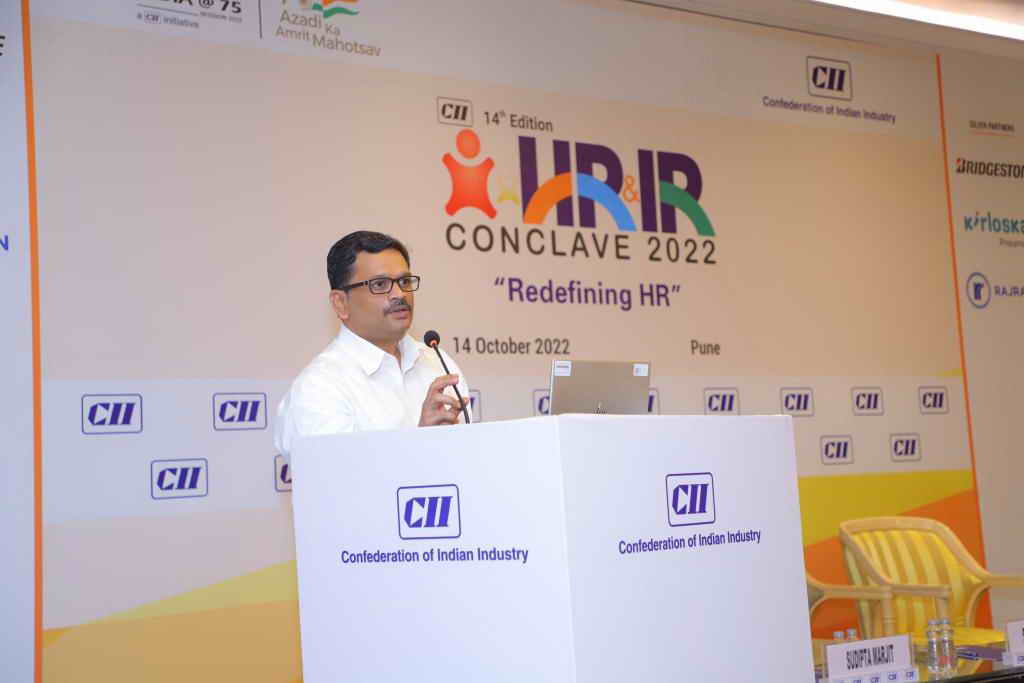When we say, the current way of working needs to change, the immediate
reaction is to show and ask us to choose an alternate practice that is
worse than the current. It is often the need for a status quo and
pushing back an idea that isn't mine, is easier, than asking to get
involved or champion the unknown.
Digging deep, it is the pedigree that matters when I will align and would support the need to change. The idea, needs to be from a person I am comfortable changing for, or should be based on a future prospect that is skewed in my favor. Plus above all it needs to become an overwhelming current need- something as an imperative that cannot be passed on and that condition needs to be vouched by a person of trust. Otherwise, my reactions are often the first instant push-back type.
New managers always find the need to change and start early buy-ins, to identify who is in and who's out. Needlessly at such times, stars opt out as early adoption from an erstwhile comfortable, proven high performance and high market valuations doesn't play emotionally, physically and professionally to start afresh a new path.
Losing stars early and having a team minus them, may allow for new stars and better market professionals, but the losses to steam ahead and more bottlenecks in terms of calibration slow the pace down.
It takes a deep breath and few seconds of awful pause to ask "what better looks like?" when a rather pale alternative is presented. Moving discussion away from speaking of the alternates in terms of reference of the current, peg the changes as the reference and wouldn't it be a win-win to ask repeatedly - "what more can this better become?" and followed up with "how can you make it happen?".
Digging deep, it is the pedigree that matters when I will align and would support the need to change. The idea, needs to be from a person I am comfortable changing for, or should be based on a future prospect that is skewed in my favor. Plus above all it needs to become an overwhelming current need- something as an imperative that cannot be passed on and that condition needs to be vouched by a person of trust. Otherwise, my reactions are often the first instant push-back type.
New managers always find the need to change and start early buy-ins, to identify who is in and who's out. Needlessly at such times, stars opt out as early adoption from an erstwhile comfortable, proven high performance and high market valuations doesn't play emotionally, physically and professionally to start afresh a new path.
Losing stars early and having a team minus them, may allow for new stars and better market professionals, but the losses to steam ahead and more bottlenecks in terms of calibration slow the pace down.
It takes a deep breath and few seconds of awful pause to ask "what better looks like?" when a rather pale alternative is presented. Moving discussion away from speaking of the alternates in terms of reference of the current, peg the changes as the reference and wouldn't it be a win-win to ask repeatedly - "what more can this better become?" and followed up with "how can you make it happen?".



Dear author,
ReplyDeleteIt is absolutely true that when alternates are thought of it would give rise to a paradox of change. But it lies in the hands of the alternate seeker to transform that paradox into a paradise. Though, it may, initially, look impossible it will not be actually so if the alternate seeker uses his ingenuity and draws works=out for the same. Further, initial hiccups may also arise and the same has to be encountered with mental tensity. Moreover, when the alternate is thought of it would only be for the better and to move forward and not to go backward. In fact, even at the time of contemplating the alternate the seeker should draw out a draft blue-print which may be pursued and the blue-print may be whetted in due course. As an alternate-seeker one should equally plan to face situations which may raise questions like "What more can this become?" and How can you make it happen?" Human brain is capable of providing answers to all situations and it lies on a person as how he has trained his mind in his walk of life.